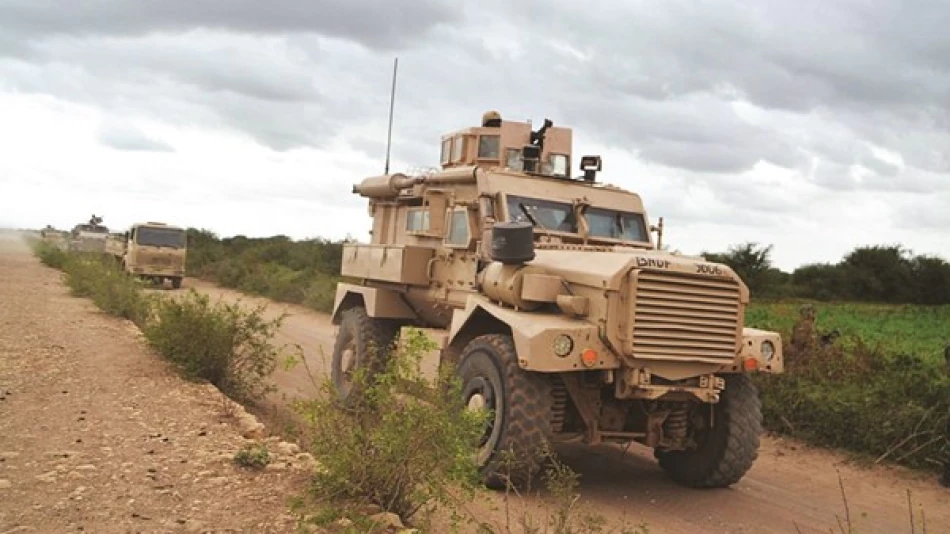
Fierce Clashes Erupt Between African Forces and Al-Shabaab Militants in Somalia
African Union Forces Strike Al-Shabaab in Strategic Somali City, Claiming 50 Militant Deaths
African Union peacekeeping forces launched a major offensive against Al-Shabaab militants in the strategic city of Barire, less than 100 kilometers west of Mogadishu, marking another significant escalation in the long-running campaign to eliminate the terrorist group's grip on Somalia. The joint operation with Somali government forces reportedly killed over 50 Al-Shabaab fighters, underscoring the AU's intensified push to secure key transport corridors around the capital.
Strategic Importance of Barire Offensive
The timing and location of this assault reveals the African Union Mission in Somalia's (AMISOM) broader strategy to create a security buffer around Mogadishu. Barire sits in the Lower Shabelle region, a crucial agricultural area that Al-Shabaab has used both as a revenue source through taxation and as a staging ground for attacks on the capital.
Unlike previous smaller-scale operations, this "major attack" launched on Friday represents a coordinated effort between AU forces and the Somali National Army—a partnership that has shown mixed results over the past decade but appears to be gaining momentum under Somalia's current leadership.
AU's Evolving Military Strategy
Force Deployment and Capabilities
With over 10,000 troops currently deployed across Somalia, the African Union maintains one of the continent's largest peacekeeping operations. However, this latest offensive suggests a shift from defensive positioning to more aggressive counter-terrorism tactics, similar to successful campaigns seen in Nigeria against Boko Haram or France's operations in the Sahel.
The reported casualty figures—50 militants killed with "many seriously wounded"—if accurate, would represent one of the more successful single operations against Al-Shabaab in recent months. Such numbers indicate either improved intelligence gathering or the militants' increased desperation leading to more direct confrontations.
Long-term Security Implications
Ambassador Haji Ibrahim Dini's statement about ensuring "permanent peace and security for the Somali people" reflects growing confidence within AU leadership, but also highlights the mission's evolving timeline. Originally conceived as a temporary stabilization force, AMISOM has operated for over 15 years with mixed results.
The focus on Lower Shabelle is particularly significant because controlling this region would effectively cut Al-Shabaab's access to Mogadishu's southern approaches while securing vital agricultural resources that fund both the government and the insurgency.
Regional Security Dynamics
This offensive comes as neighboring countries face their own security challenges, with Kenya dealing with cross-border Al-Shabaab attacks and Ethiopia managing internal conflicts. Success in Somalia could provide a template for regional counter-terrorism cooperation, while failure might embolden similar groups across East Africa.
The operation's outcome will likely influence upcoming discussions about AMISOM's mandate renewal and potential transition to Somali-led security operations—a process that has been delayed multiple times due to the government's limited military capacity.
Most Viewed News

 Layla Al Mansoori
Layla Al Mansoori






